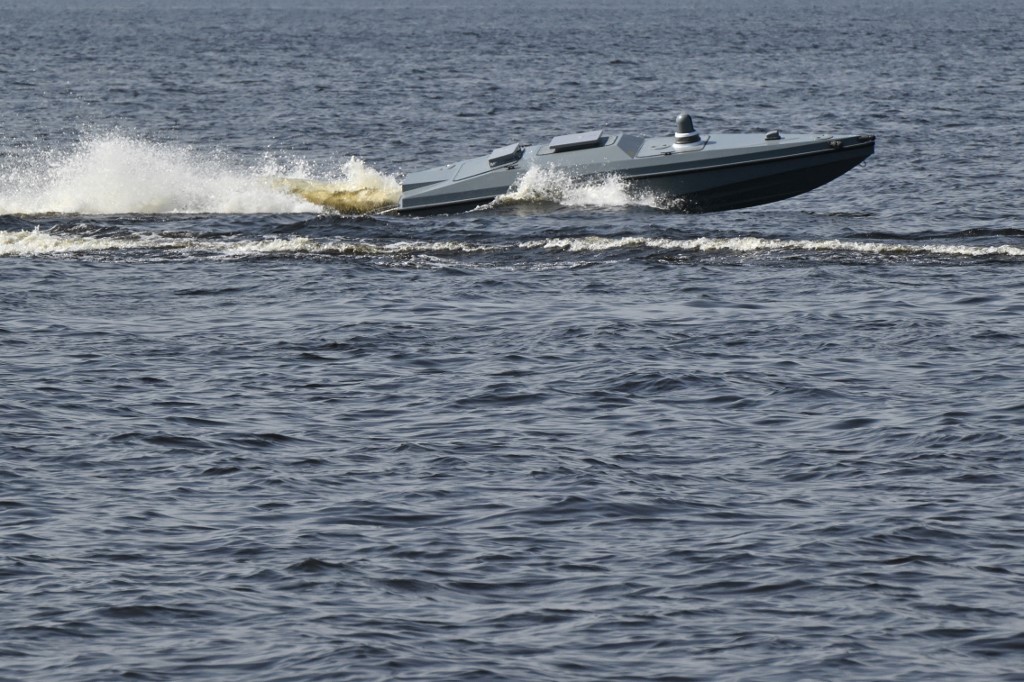The Center for European Policy Analysis (CEPA) think tank has come up with an estimate of compensation for the pain Russia has inflicted on Ukraine.
Since the outset of the war there have been calls for Russia to pay reparations for all the damage in terms of lives and property it has inflicted on Ukraine.
JOIN US ON TELEGRAM
Follow our coverage of the war on the @Kyivpost_official.
That Russia should be ethically bound to rectify its crime against the Ukrainian people is hardly disputed. What is up for debate is how much they should pay, in what form, and for how long.
One of the obvious sources for these reparations would be the Russian foreign assets that allied nations have frozen since the beginning of the war.
In late June, the Russian Elites, Proxies, and Oligarchs task force set up by allied nations in March said in a joint statement that they had blocked $30 billion in assets of Russian oligarchs and officials, and immobilized $300 billion owned by the Russian central bank.
Another source could be a tax on any fossil fuel income Russia would earn in the future. A similar reparations tax was levied on Iraq to pay for damages to Kuwait after the 1991 Gulf War.
Coming up with a figure, however, cannot be arbitrary. On Oct. 3 CEPA published an article by Walter Clemens called “Blood Money – Calculating Russia’s Debt to Ukraine,” which attempts to quantify how much money Russia should dole out in reparations to Ukraine.
Some of the considerations are likely to open an anthropological Pandora’s box, such as the calculus involved in determining the “average value of a statistical life” in any given country.

‘One of Moscow’s Biggest Defeats’ – Ukraine at War Update for Jan 2
The author came up with a ballpark figure of total damages to human life from 2014 to 2022: Damages run from at least $244 billion to as high as $6 trillion. The bill would not include grief, PTSD, loss of education or earnings.
To see the author’s reckoning go here:
Blood Money — Calculating Russia’s Debt to Ukraine
Of course, if Russia is expected to do anything, it must first be defeated, and even when that happens, the history of victors forcing the vanquished to pay reparations is fraught with problems. One need only look at the ramifications of the 1919 Treaty of Versailles, following World War I, which further crippled Germany after its defeat.
Perhaps the prospect of such payment will help induce Russia to a quicker exit from Ukraine – if not for ethical, then for economic reasons.
You can also highlight the text and press Ctrl + Enter






